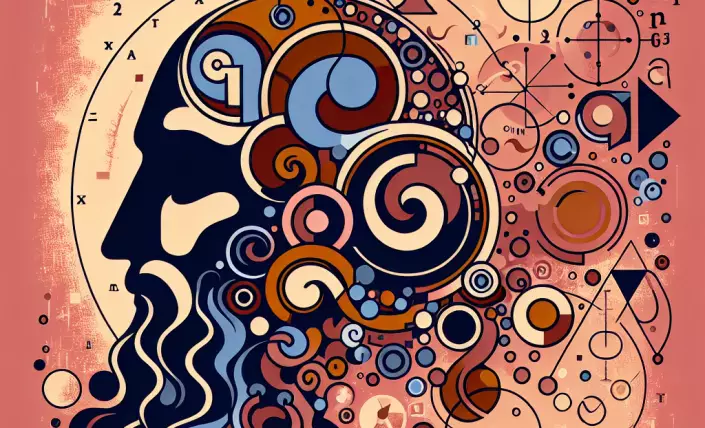In the vast expanse of philosophical thought, few thinkers have engaged with the complex interplay of time and eternity as profoundly as Augustine of Hippo. His reflections invite us not only to ponder the metaphysical dimensions of existence but also to consider how these concepts manifest in the tapestry of our daily lives. Augustine's exploration of time is not merely an abstract exercise; it is a deeply personal inquiry into the nature of human experience and the divine.
Augustine's famous meditation on time in his "Confessions" reveals a paradox: while time seems to be a straightforward sequence of past, present, and future, its true nature eludes precise definition. He argues that the present is the only temporal reality we can experience, yet it is constantly fleeting, slipping into the past. The future, meanwhile, exists only in anticipation. This realization prompts a profound reflection on the nature of human consciousness and our place within time's relentless flow.
The implications of Augustine's insights extend beyond philosophical curiosity. In a world driven by schedules and deadlines, his reflections encourage a reevaluation of how we perceive and value our time. The modern individual often finds themselves trapped in a cycle of endless pursuits, their minds perpetually anchored in future goals or past regrets. Augustine's philosophy suggests a redirection of focus toward the present moment, a space where true engagement with life occurs.
Furthermore, Augustine's delineation between earthly time and divine eternity invites a reevaluation of our existential priorities. While human life is temporal, constrained by mortality, Augustine urges us to seek a connection with the eternal. This pursuit is not a denial of the temporal world but rather an invitation to find deeper meaning within it. By aligning our lives with eternal values, such as love, truth, and justice, we transcend the limitations of time and glimpse the divine.
In practical terms, Augustine's philosophy challenges us to reconsider our priorities. Are our daily actions and decisions rooted in a pursuit of transient pleasures, or do they reflect a commitment to enduring values? Augustine's insights offer a framework for cultivating a life that balances temporal concerns with an awareness of eternity's overarching presence. This balance, he suggests, leads to a more fulfilling and authentic existence.
Ultimately, Augustine's reflections on time and eternity serve as a mirror, inviting us to examine the depths of our own lives. They compel us to question the narratives we construct about our past, the anxieties we harbor about our future, and the authenticity with which we engage with the present. By embracing Augustine's philosophical inquiry, we are encouraged to live with greater intentionality, finding meaning in the transient moments of our existence while remaining open to the eternal truths that lie beyond.










